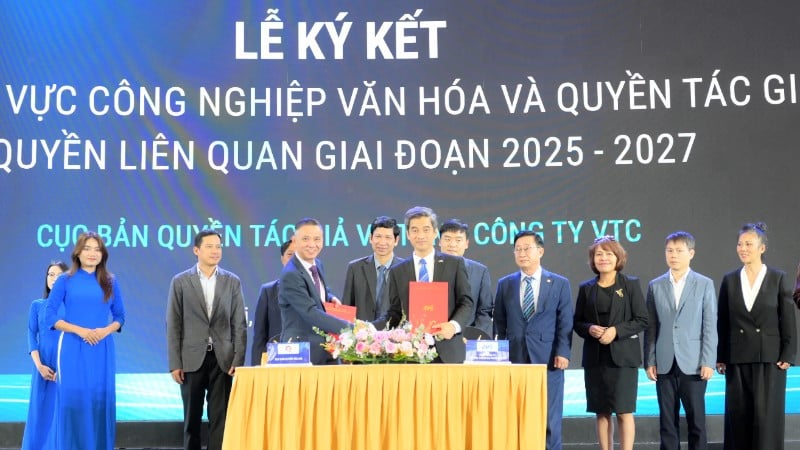
Copyright protection is still in its infancy.
Recently, copyright infringement cases in the field of culture and arts have been continuously discovered, from performances using songs without permission to film, music , books... being copied and posted widely on the internet. This reality shows that, besides the explosive development of the creative industry, the awareness of copyright protection in Vietnam is still in a transitional stage.
According to statistics from the Copyright Office (Ministry of Culture, Sports and Tourism), in 2024, more than 6,000 new works, applied art products, software and recordings were registered for copyright. Although the number increased compared to the previous period, it is still quite modest compared to the actual number of works created and disseminated each year. Many artists still do not pay enough attention to registering intellectual property rights for their own products.
In addition to the performing arts, copyright infringement is also a serious problem in electronic publishing, online music and film distribution. Digital platforms help to spread creative products quickly, but at the same time create an environment where the rights of professionals are easily violated. Works can be downloaded, copied, edited, and reposted in a matter of seconds, negating the creative efforts of the author.
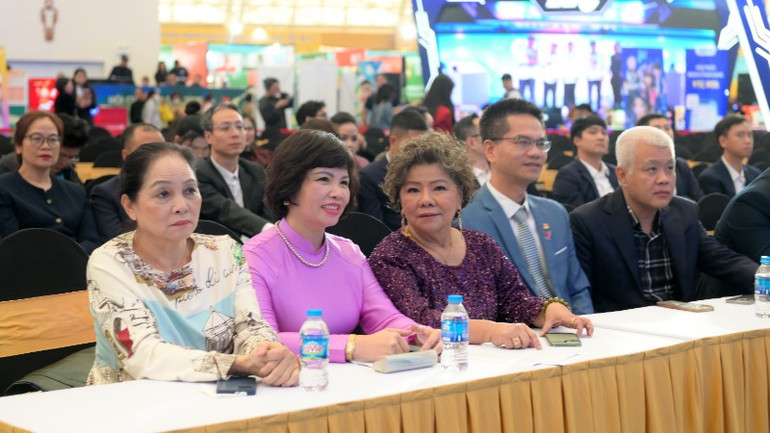
Director of the Copyright Office Tran Hoang said: "In the context of international integration, copyright and related rights not only protect the legitimate rights and interests of authors, performers, copyright and related rights owners, but are also an important driving force to promote comprehensive economic , cultural and social development in the context of international integration. It can be viewed from three main aspects, including: Economic development; socio-cultural; integration".
In terms of economic development, it is entirely possible to promote the development of the cultural industry based on copyright. When creative products (music, cinema, publishing, software, video games, etc.) are effectively protected, creators and businesses have the motivation to continue to create and invest. This is the foundation for the formation of the creative economy - one of the key economic sectors of the 21st century.
According to the World Intellectual Property Organization (WIPO) published in 2021, the cultural and creative industries based on copyright can contribute significantly to GDP in many countries. The United States accounts for about 11.99% of GDP, South Korea 9.89%, China 7.35% of GDP, Singapore 6.19%, Malaysia 5.7%, Thailand 4.48%, Indonesia 4.11%. In Vietnam, the film, music, publishing and digital content industries are growing rapidly, increasingly becoming new growth drivers. A favorable legal environment on copyright will help make Vietnam a safe destination for foreign investors in the fields of entertainment, publishing and technology.
Regarding the cultural and social role, copyright helps preserve and promote national cultural values. The country's literary and artistic creative products more or less reflect the Vietnamese cultural identity, contributing to preserving the national cultural soul. When authors and creators are respected and receive legitimate benefits from their creative achievements, society will encourage creativity. This is a key factor in nurturing the young generation to love and pursue the path of creativity. Copyright helps form the habit of respecting intellectual creative achievements, contributing to raising public awareness of intellectual property, building a civilized society where the values of knowledge are respected and protected.
In addition, in response to integration requirements, commitment to protect copyright and related rights is one of the requirements to assess a country's integration capacity and its legal standards. Vietnam is a member of 8/9 multilateral international treaties on copyright and related rights; signed 3 bilateral agreements with the United States and Switzerland on copyright and intellectual property; signed 6 economic and free trade agreements between Vietnam and its partners. Implementing copyright commitments is an obligation, while affirming Vietnam's position in the international arena. However, in addition to familiar challenges, the copyright sector is currently facing cross-border challenges with global violations that are difficult to detect and handle.
The biggest challenge is responding promptly.
Vietnam has joined most of the important international treaties and agreements on copyright and related rights, such as the Berne Convention, the TRIPS Agreement, the WCT Agreement and the WIPO WPPT Agreement (two agreements on the Internet), along with many new generation FTAs with high requirements on the enforcement of intellectual property rights such as CPTPP, EVFTA... This demonstrates Vietnam's comprehensive integration into the international legal system on intellectual property. However, the Internet era, cross-border challenges, the emergence of new copyright infringement tools, the birth of artificial intelligence... make it necessary for the traditional copyright system to change to meet new requirements.
According to the representative of the Copyright Office, the biggest challenge now is how the national copyright system can respond promptly to challenges to comply with international commitments. Specifically, the gap between current regulations and the new context. Vietnamese law has internalized international commitments, but needs to continue to be improved in a modern direction, facilitating implementation and harmonizing interests between copyright and related rights holders with public interests, supporting national technology development from the perspective of international commitments.
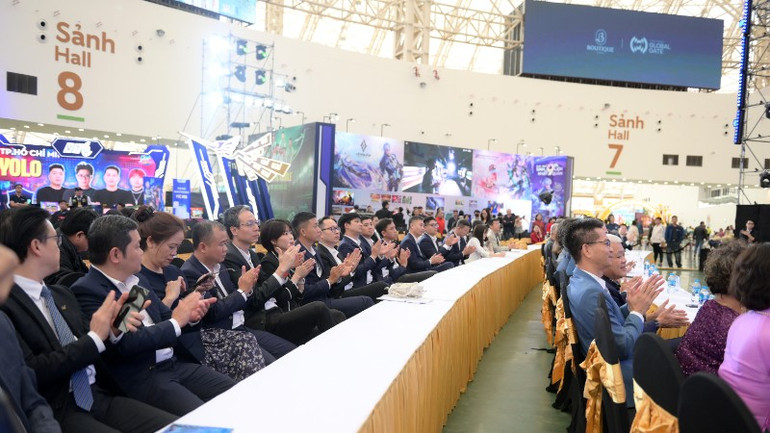
In addition, awareness and legal consciousness are not uniform among subjects participating in copyright relations. A part of the people and businesses do not care about the legitimate rights and interests of creators and owners; when violated, they do not know how to protect their rights according to the provisions of the law, only complaining in the press and social networks. There are still many individuals and organizations pursuing profit, deliberately violating copyright.
Violations, including copyright infringement on the Internet, are still difficult to control, while Vietnam lacks investment in enforcement resources. The number of copyright experts is still low, especially in the digital field, making monitoring and handling violations ineffective; there has not been much investment in applying digital technology in copyright management.
According to experts, this series of challenges requires Vietnam to continue to research and simultaneously implement measures: Continue to improve the law on copyright and related rights; strengthen the capacity of management and enforcement agencies; raise people's legal awareness; apply digital technology in copyright management; and closely cooperate with international organizations to learn and share experiences.
From a policy perspective, Vietnam has made many important strides. The Intellectual Property Law was amended and supplemented in 2022; international treaties have been domesticated; the Copyright Office has coordinated with many agencies and units to strengthen propaganda, guidance and handling of violations.
The complex reality requires an urgent need to synchronize the awareness of protection with the legal corridor. If there is only propaganda without strong enough sanctions, violations will still recur. And conversely, if there is only administrative tightening without communication and education, copyright will still be just a strange concept. Many experts suggest bringing copyright education into schools, especially in art and media schools; at the same time, developing digital tools to help track and identify violations quickly.
Arousing the awareness of the whole society
Copyright protection, in the end, is the protection of trust. That trust must be built from the ground up, from the awareness of creators, managers, consumers to the whole society. When the public knows how to respect the creative efforts of artists, the investment of organizers, producers... then that is the sustainable foundation of the cultural industry.
At the recent Autumn Fair 2025, the Copyright Office signed many memorandums of understanding with technology companies, content production units and major theaters. This event marked a new step forward, affirming that copyright is no longer the private story of each individual or organization but has become an interdisciplinary task, closely linking state management, artists and creative businesses.
Director of the Copyright Department Tran Hoang emphasized: "Copyright protection is a central task to build a modern Vietnamese cultural industry. When the rights of creators are guaranteed, businesses will boldly invest, and the public will enjoy quality cultural values."
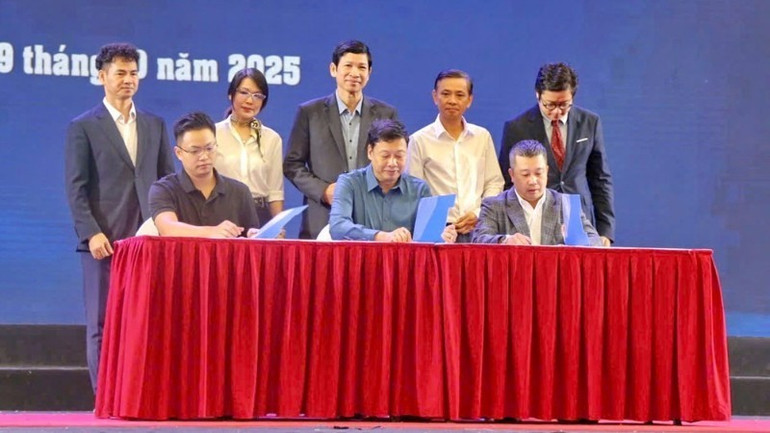
In the trend of digital transformation, international cooperation on copyright is increasingly meaningful. Vietnam is currently a member of the World Intellectual Property Organization (WIPO) and participates in many data sharing programs on online copyright management. Advanced models of Korea, Japan, and Europe on digitalizing copyright data, transparent revenue distribution from online platforms, etc. are being researched and tested in Vietnam.
Cooperation is also vividly demonstrated in professional activities. The Vietnam Puppetry Theatre has signed performance contracts with two cultural and media enterprises worth more than 20 billion VND, including specific terms on image ownership, music copyright and digital distribution. People's Artist Nguyen Tien Dung, Director of the Theatre, shared: "When copyright is respected, artists can feel secure in creating. Cooperation, in addition to opening a path to bring traditional Vietnamese art to the world in a transparent and professional manner, also touches the awareness and common responsibility of the whole society. Only when everyone is deeply aware and voluntarily implements will the problem have a foundation to be solved."
At conferences and seminars, experts said that, along with preventing violations, it is necessary to create a space for copyright to truly become a driving force for innovation. Many domestic technology companies, such as VieON, Galaxy Play, POPS, or e-publishers like Waka, have built transparent revenue sharing mechanisms for authors. These platforms help Vietnamese creators access a market of millions of users while still maintaining their legitimate rights.
Protecting and promoting copyright cooperation contributes to shaping a new culture of behavior in society. When businesses join hands to protect creative values, when artists proactively sign, register and share benefits, when users are willing to pay for quality content, that is a manifestation of a digital civilization.
Source: https://nhandan.vn/nang-cao-hon-nua-y-thuc-bao-ve-ban-quyen-tu-cong-chung-post920660.html







![[Photo] Opening of the 14th Conference of the 13th Party Central Committee](https://vphoto.vietnam.vn/thumb/1200x675/vietnam/resource/IMAGE/2025/11/05/1762310995216_a5-bnd-5742-5255-jpg.webp)


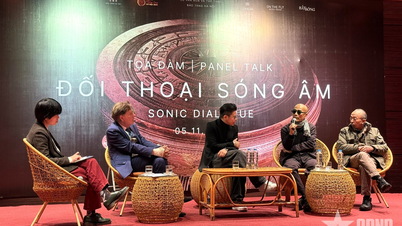














![[Video] Not Alone - Online Safety Day](https://vphoto.vietnam.vn/thumb/402x226/vietnam/resource/IMAGE/2025/11/05/1762347906381_sequence-0100-00-17-02still001-jpg.webp)
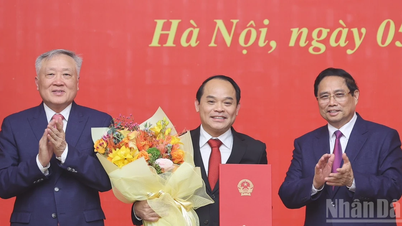

![[Photo] Panorama of the Patriotic Emulation Congress of Nhan Dan Newspaper for the period 2025-2030](https://vphoto.vietnam.vn/thumb/1200x675/vietnam/resource/IMAGE/2025/11/04/1762252775462_ndo_br_dhthiduayeuncbaond-6125-jpg.webp)








































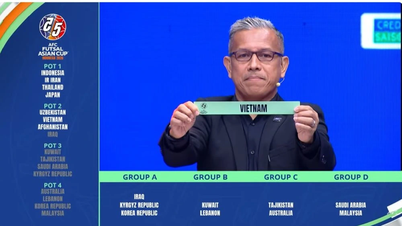







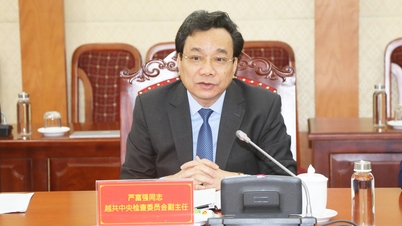


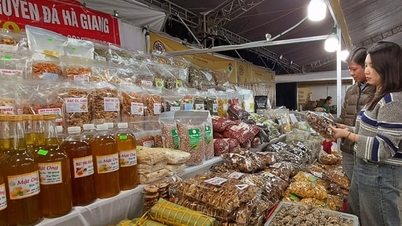

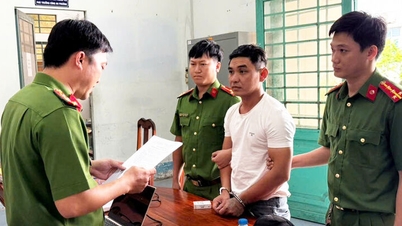



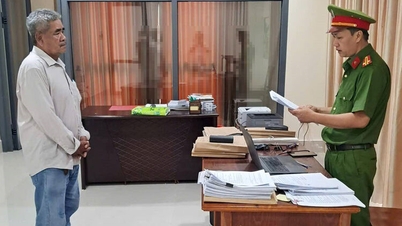

















Comment (0)